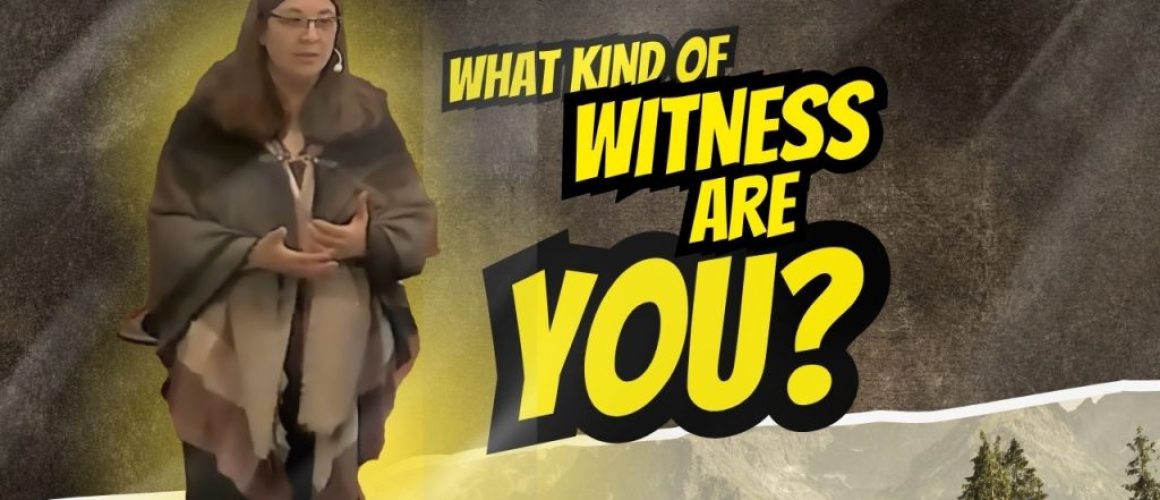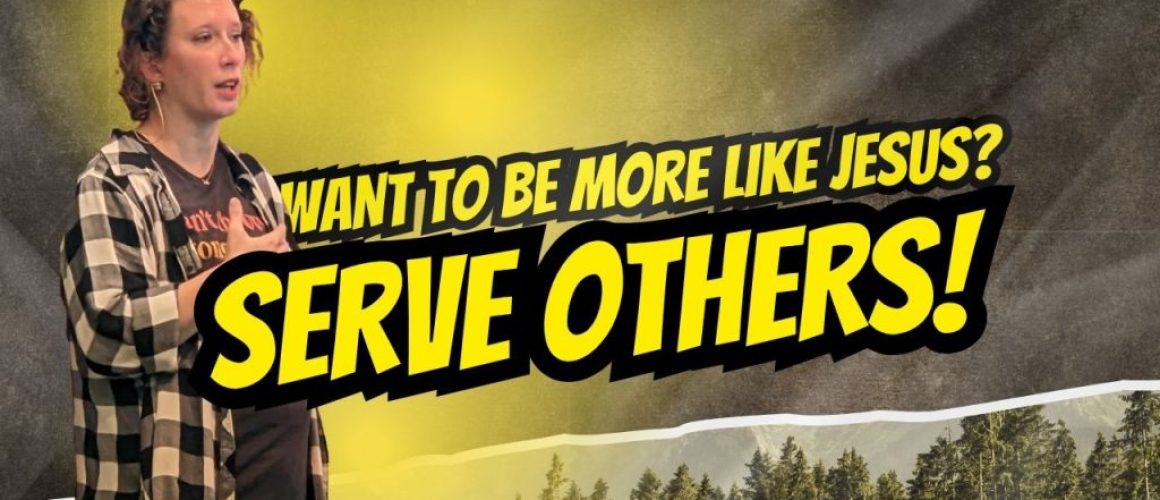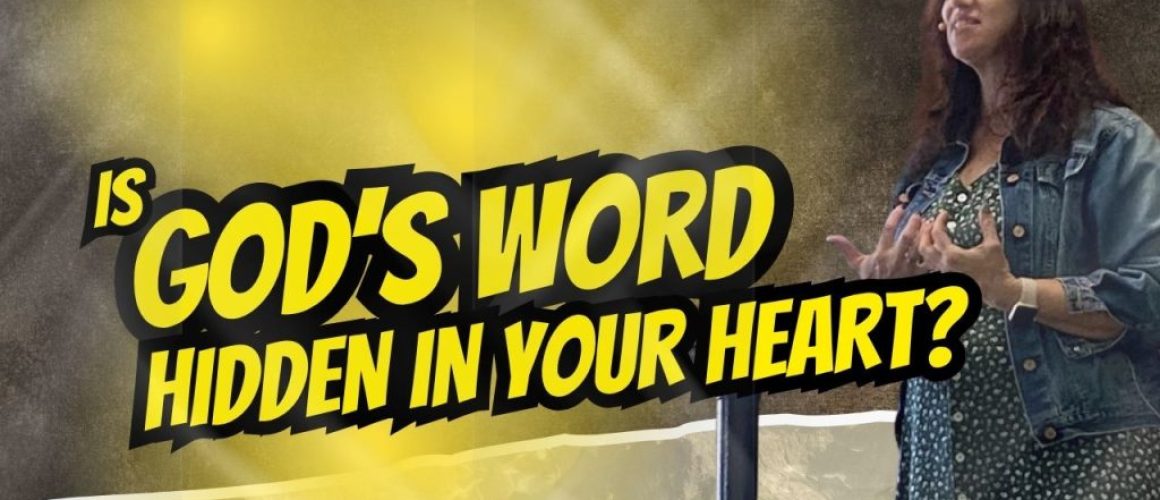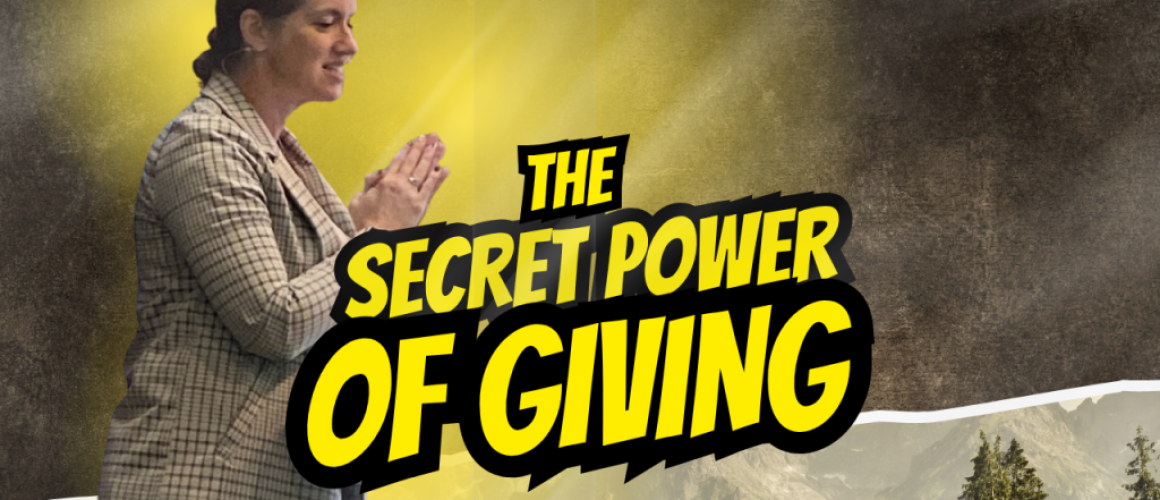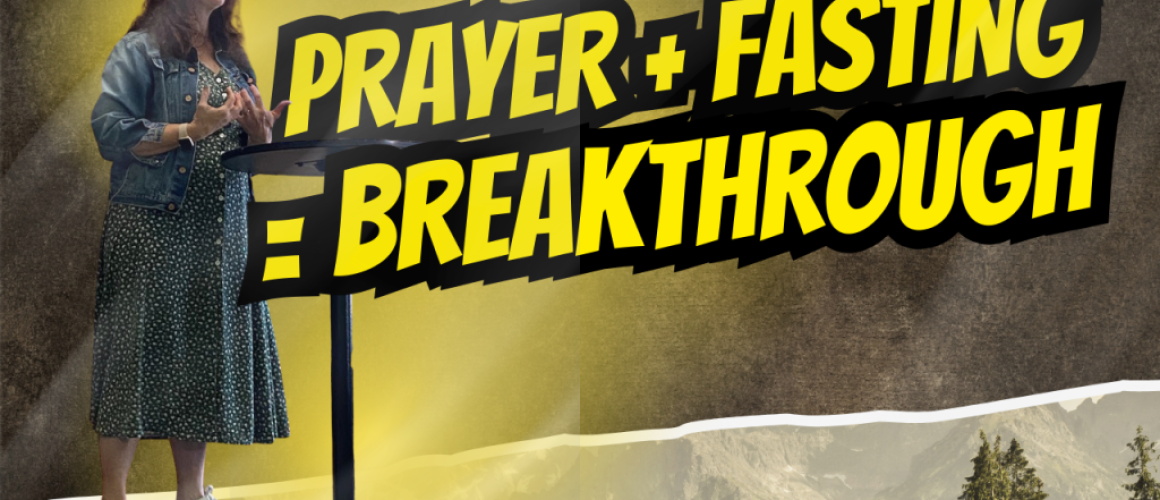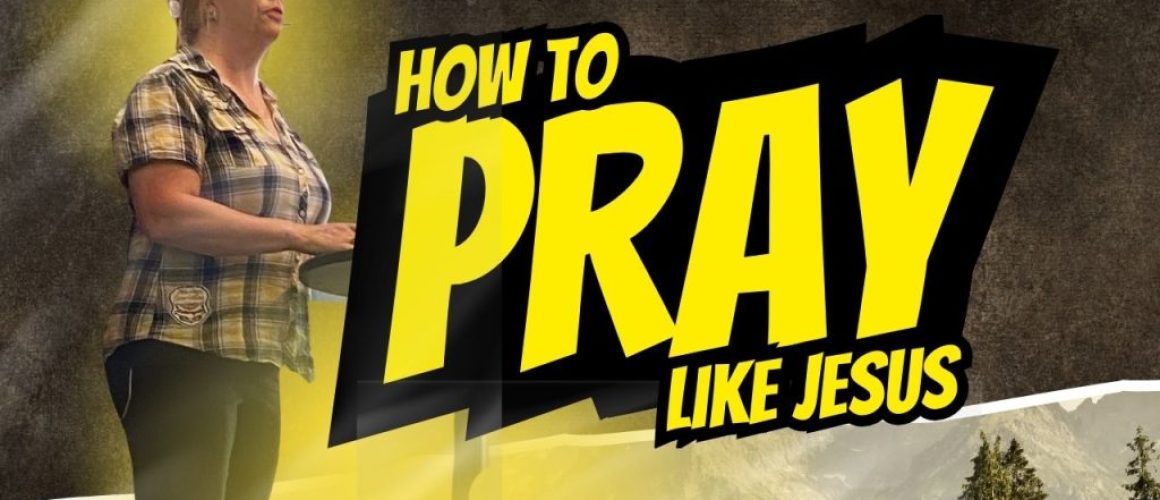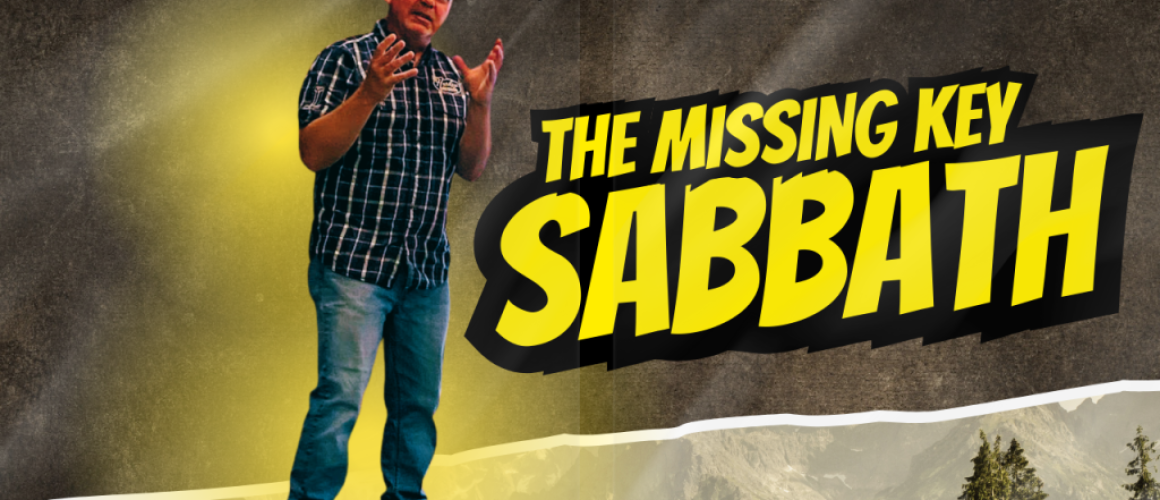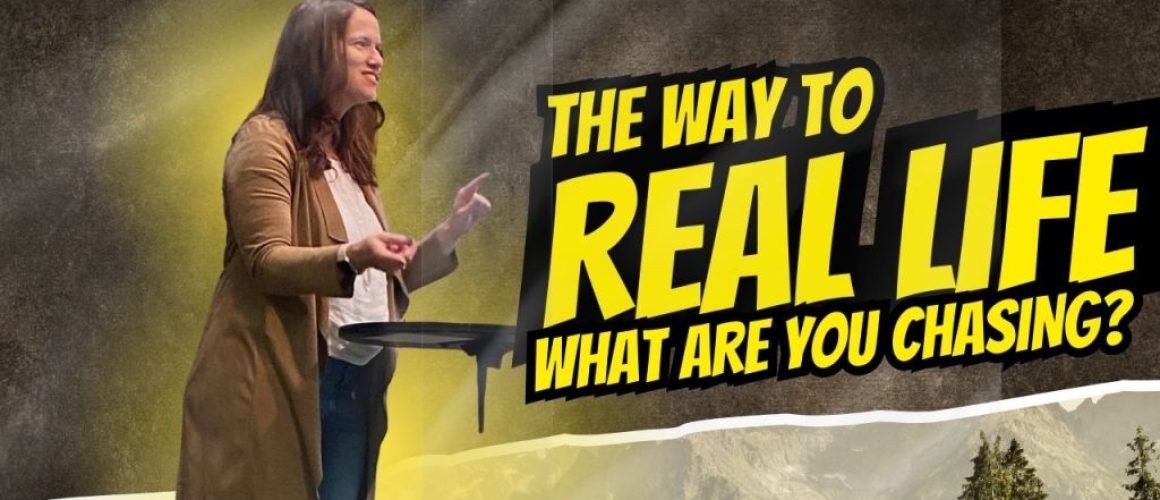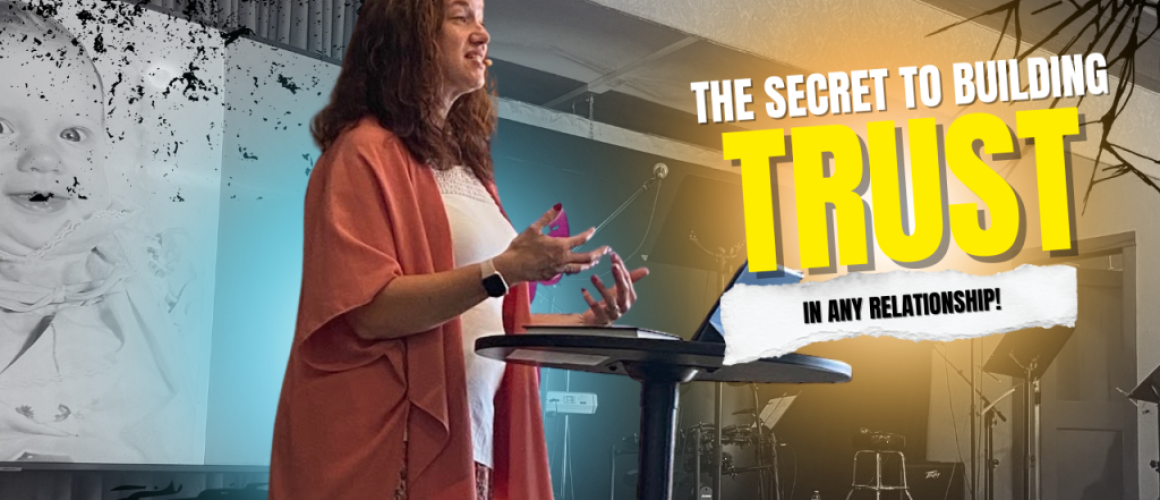What Kind of Witness Are You? Understanding Your Calling as a Disciple of Jesus
Every believer in Jesus Christ is called to be a witness—but many of us never stop to ask what kind of witness we actually are. In this message from Open Arms Community Church, Misty Surine challenges us to examine our hearts and our walk with God, to understand our calling as disciples, and to discover what it truly means to be a witness through the power of the Holy Spirit.
Watch the full sermon here:
What Is a Witness?
In a courtroom, a witness is someone who has personally seen, heard, or experienced something—and tells the truth about it. Spiritually, a witness is someone who has encountered Jesus and speaks of Him with honesty and conviction.
Jesus Himself defined our role:
Acts 1:4–8 (CSB)
While he was with them, he commanded them not to leave Jerusalem, but to wait for the Father’s promise. “Which,” he said, “you have heard me speak about; for John baptized with water, but you will be baptized with the Holy Spirit in a few days.”
So when they had come together, they asked him, “Lord, are you restoring the kingdom to Israel at this time?”
He said to them, “It is not for you to know times or periods that the Father has set by his own authority. But you will receive power when the Holy Spirit has come on you, and you will be my witnesses in Jerusalem, in all Judea and Samaria, and to the end of the earth.”
Jesus makes clear:
we are not witnesses by our own strength — but by His Spirit.
Our Responsibility as Witnesses
Paul reinforces this calling:
Romans 10:6–15 (CSB)
But the righteousness that comes from faith speaks like this: “Do not say in your heart, ‘Who will go up to heaven?’” that is, to bring Christ down;
or, “Who will go down into the abyss?” that is, to bring Christ up from the dead.On the contrary, what does it say?
“The message is near you, in your mouth and in your heart.”This is the message of faith that we proclaim:
If you confess with your mouth, “Jesus is Lord,” and believe in your heart that God raised him from the dead, you will be saved.
One believes with the heart, resulting in righteousness, and one confesses with the mouth, resulting in salvation.For the Scripture says, Everyone who believes on him will not be put to shame,
since there is no distinction between Jew and Greek, because the same Lord of all richly blesses all who call on him.
For everyone who calls on the name of the Lord will be saved.How, then, can they call on him they have not believed in? And how can they believe without hearing about him?
And how can they hear without a preacher?
And how can they preach unless they are sent? As it is written: How beautiful are the feet of those who bring good news.
Paul’s question remains for every believer today:
How will they believe… if we don’t tell them?
The Four Types of Witnesses
In the sermon, Misty described four kinds of witnesses we may become in our walk with God.
1. The Casual Witness
Like someone who passes an accident on the road, they see something is happening but don’t stop to engage. They know about Jesus, but they do not pursue Him. Frequent exposure without response hardens the heart.
2. The False Witness
Jesus warns of this category explicitly.
Matthew 7:21–23 (CSB)
Not everyone who says to me, ‘Lord, Lord,’ will enter the kingdom of heaven, but only the one who does the will of my Father in heaven.
On that day many will say to me, ‘Lord, Lord, didn’t we prophesy in your name, drive out demons in your name, and do many miracles in your name?’
Then I will announce to them, ‘I never knew you. Depart from me, you lawbreakers!’
A false witness knows the language of faith but not the Lord of faith.
The evidence of genuine faith is fruit:
Galatians 5:22–23 (CSB)
But the fruit of the Spirit is love, joy, peace, patience, kindness, goodness, faithfulness,
gentleness, and self-control. The law is not against such things.
3. The Partial Witness
They know Jesus… but not fully. Something is held back.
God gives a promise:
Jeremiah 29:13 (CSB)
You will seek me and find me when you search for me with all your heart.
Jesus echoes this:
Matthew 7:7 (CSB)
Ask, and it will be given to you. Seek, and you will find. Knock, and the door will be opened to you.
Many believers begin well, but never press deeper.
They have treasure in Christ, but only dig a few inches down.
Jesus described this treasure beautifully:
Matthew 13:44–46 (CSB)
“The kingdom of heaven is like treasure buried in a field that a man found and reburied. Then in his joy he goes and sells everything he has and buys that field.”
“Again, the kingdom of heaven is like a merchant in search of fine pearls. When he found one priceless pearl, he went and sold everything he had and bought it.”
The partial witness has not yet surrendered everything for the “priceless pearl.”
4. The Intimate Witness
This is the witness Jesus desires us to become.
Ezekiel 11:19 (CSB)
I will give them integrity of heart and put a new spirit within them; I will remove their heart of stone and give them a heart of flesh.
Romans 8:16 (CSB)
The Spirit himself testifies together with our spirit that we are God’s children.
1 John 3:21–24 (CSB)
Dear friends, if our hearts don’t condemn us, we have confidence before God
and receive whatever we ask from him because we keep his commands and do what is pleasing in his sight.
Now this is his command: that we believe in the name of his Son, Jesus Christ, and love one another as he commanded us.
The one who keeps his commands remains in him, and he in him. And the way we know that he remains in us is from the Spirit he has given us.
The intimate witness doesn’t just know Jesus—they walk with Him.
Your Testimony Matters
A person who has been changed by Jesus has a story that carries authority.
Someone who has only heard about Jesus can only repeat information.
Only the one who has personally encountered Him can witness with power.
Your story is not small.
Your testimony is not insignificant.
Someone’s salvation may come through hearing what God has done in you.
A Call to Action
As Misty challenged us in the message:
“What kind of witness are you right now… and what kind of witness is God calling you to be?”
Take time this week to ask the Holy Spirit to reveal:
- Where your heart stands
- What parts of your life need surrender
- Who needs to hear your testimony
- Where God is inviting you to grow
You are called.
You are chosen.
You are sent.
Take the Next Step With Us
If you’re ready to grow deeper as a disciple and witness:
